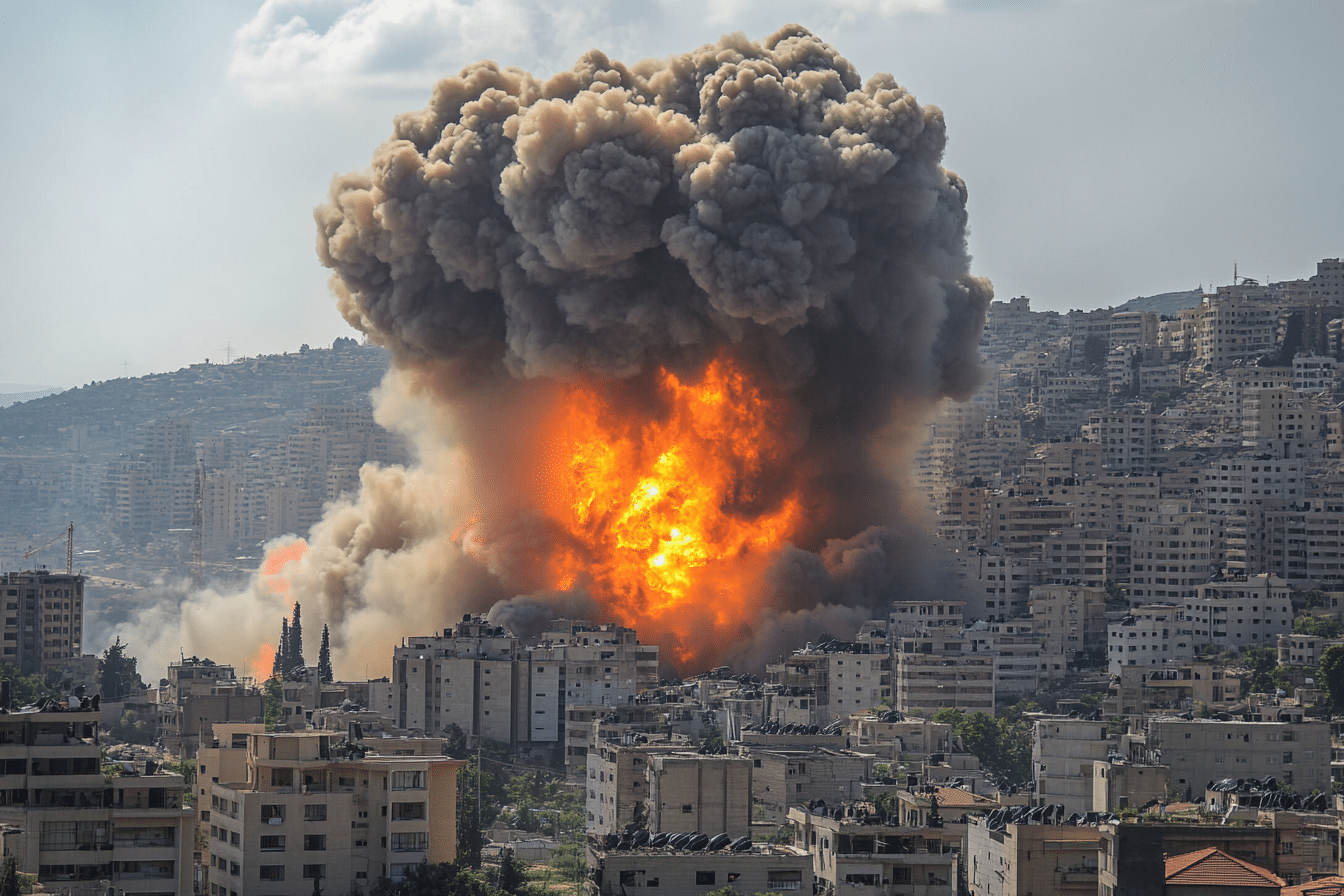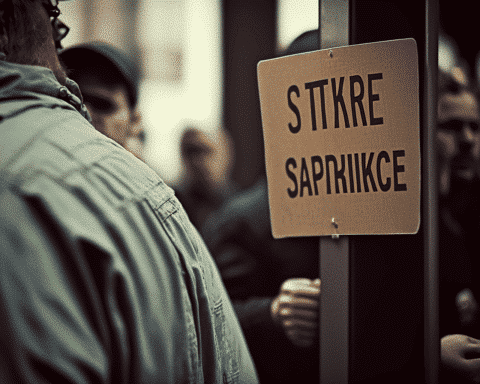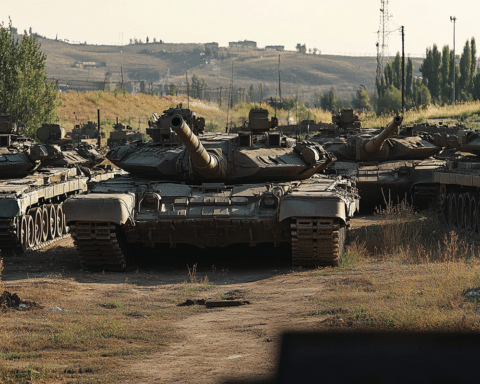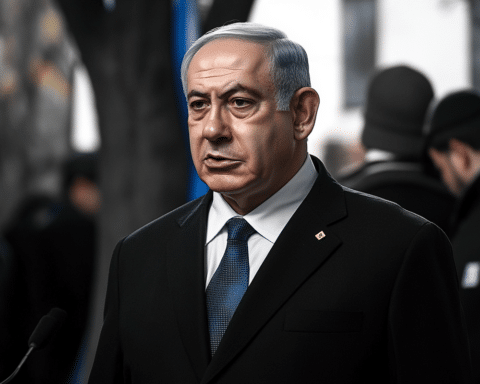The recent attacks targeting Hezbollah’s communication devices caused widespread shock and devastation, but experts suggest the militant group will be able to recover militarily. The devices, detonated remotely in grocery stores, streets, and even a funeral procession, made for a haunting spectacle, with the explosions reportedly killing 37 people, including children, and injuring over 3,000. This attack has been attributed to Israel, though the country has neither confirmed nor denied involvement.
A Significant Psychological Blow
The psychological impact of the attack cannot be underestimated. Amal Saad, a lecturer at Cardiff University who researches Hezbollah, noted, “It’s not just a security breach against the military. Hezbollah’s entire society is going to be extremely concerned because everything is liable now to be hacked and rigged.” The fear and demoralization this attack has caused will likely cause the group to rethink its communication strategies.
Despite the devastation, analysts believe Hezbollah will be able to recover strategically. Mohanad Hage Ali, a senior fellow at the Carnegie Middle East Center, described the attack as “like a sword in the guts of the organization” but noted that the group’s substantial manpower meant the attack was not crippling. The group, which claims a fighting force of over 100,000, lost only a tiny percentage of its personnel in the explosions.
Hezbollah’s Response to Communication Vulnerabilities
One of the most significant impacts of this attack was the exposure of Hezbollah’s low-tech communication systems, which had been employed to evade Israeli surveillance. Retired Lebanese army General Elias Hanna described the attack as “the Pearl Harbor or 9/11 of Hezbollah,” illustrating its symbolic importance. The detonated devices, which had been implanted in pagers and walkie-talkies, revealed a critical weakness in the group’s reliance on outdated technology.
As Hezbollah leader Hassan Nasrallah acknowledged, the attack was a “severe blow,” but he assured that the group would emerge stronger. The challenge now for Hezbollah is to address the vulnerabilities in its communications. According to Naji Malaeb, a retired Lebanese army general and security expert, “Telecommunications is the nerve of military operations and communications,” highlighting the importance of rapid communication in military strategy.
Rebuilding After the Attack
While the human toll of the attack is undeniable, the real damage lies in the disruption of communications. Orna Mizrahi, a senior researcher at the Institute for National Security Studies, commented, “Losing the ability to communicate through pagers is a dramatic blow.” However, Hezbollah has alternative communication methods, including a fiber-optic landline network and possibly lower-tech solutions like hand-delivered letters.
Despite the attack, Hezbollah continues to engage in military actions, launching rockets into Israel in the aftermath of the communication strikes. As tensions remain high, the group must find new ways to protect its communication infrastructure and maintain its operations.
The attacks on Hezbollah’s communication systems have exposed critical weaknesses and dealt a powerful psychological blow. While the group is expected to recover strategically, the more profound concern lies in the lasting psychological impact on its members and supporters. As Amal Saad put it, “Hezbollah’s entire society is going to be extremely concerned.” The group will need to reevaluate its communications and security methods to prevent future vulnerabilities.




